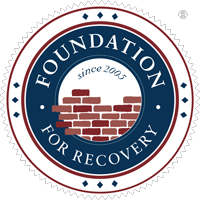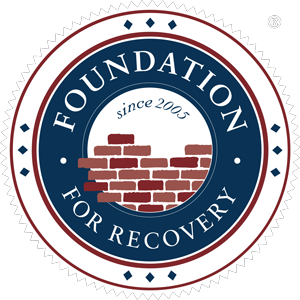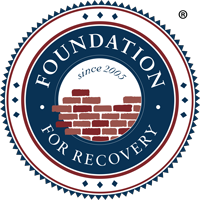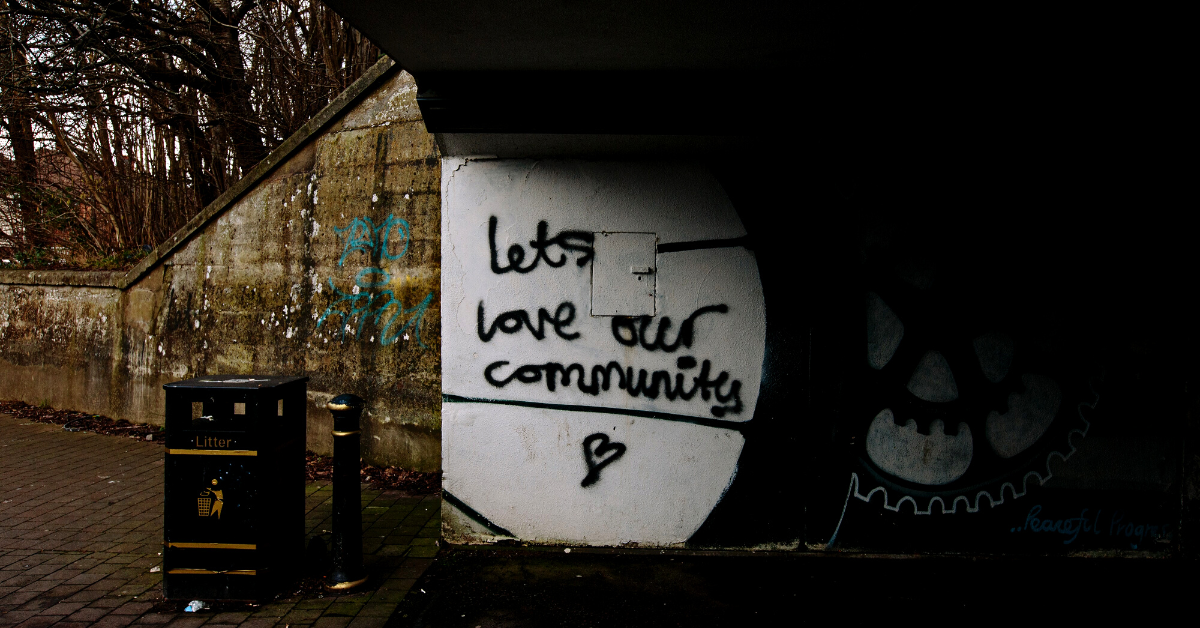Being child 5 of 8 children meant while growing up, if I wanted something I had to speak up and act in my own behalf.
If I wanted seconds at dinner not only did I have to make my intentions clear, I had to eat faster than my siblings.
When I wanted new clothing and not hand-me-downs, I had to lobby and/or earn money for them.
Getting lost in the shuffle was a constant hazard.
Lost in the shuffle of recovery can be just as hazardous.
Some of the choices I made as an adult relieved me of a number of the options and responsibilities of advocating for myself.
This introduced me to an ugly cousin of self-advocacy which is manipulation.
Learning how to get what I wanted at any cost and the ultimate cost was very high, I eventually ran out of advocates i.e.; loved ones, friends and options.
Now being without a job, with a mental health diagnosis and a criminal record. I was out of practice in the skill of self-advocacy.
No one trusted me enough to help advocate for me in seeking many of the services I needed seemed to have a built-in lack of trust for people with the labels which I now carried.
I had to rebuild my skillset through seeking resources myself and I had to persevere.
My self-confidence although still bruised, was growing, this allowed me the courage to reach out to those who had faced similar challenges and had found success.
I began to find success for myself.
It required me to adjust my vision of a future into a version that was closer with more easily attainable steps.
Employing a version of the following steps helped me reach goals and find success:
Ten Steps to Being an Effective Self-Advocate
- Believe in Yourself.
- Know your Rights.
- Decide what you Want.
- Get the Facts.
- Planning Strategy.
- Gather Support.
- Target Efforts.
- Express Yourself Clearly.
- Assert Yourself Calmly.
- Be Firm and Persistent.
These step led me to find the degree of success that suits me now.
It is the template that supports my future success.
I offer this same template to others seeking the success of self-advocacy.
Will Allphin, Foundation for Recovery
Source of listed steps: http://mentalhealthrecovery.com/info-center/how-to-self-advocate/



